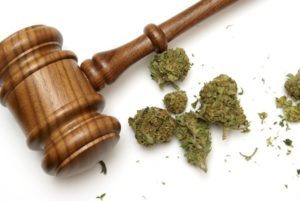 The aforementioned nine factors are:
The aforementioned nine factors are:
(1) the person has undergone a professional diagnostic assessment to determine whether and to what extent the person is drug or alcohol dependent and would benefit from treatment; and
(2) the person is a drug or alcohol dependent person within the meaning of 2C:35-2 and was drug or alcohol dependent at the time of the commission of the present offense; and
(3) the present offense was committed while the person was under the influence of a controlled dangerous substance, controlled substance analog, or alcohol, or was committed to acquire property or monies to support the person’s drug or alcohol dependency; and
(4) substance use disorders treatment and monitoring will serve to benefit the person by addressing the person’s drug or alcohol dependency and will thereby reduce the likelihood that the person will thereafter commit another offense; and
(5) the person did not possess a firearm at the time of the present offense and did not possess a firearm at the time of any pending criminal charge; and
(6) the person has not been previously convicted on two or more separate occasions of crimes of the first or second degree, other than those listed in paragraph (7); or the person has not been previously convicted on two or more separate occasions, where one of the offenses is a crime of the third degree, other than crimes defined in 2C:35-10, and one of the offenses is a crime of the first or second degree; and
(7) the person has not been previously convicted or adjudicated delinquent for, and does not have a pending charge of murder, aggravated manslaughter, manslaughter, kidnapping, aggravated assault, aggravated sexual assault or sexual assault, or a similar crime under the laws of any other state or the United States; and
(8) a suitable treatment facility licensed and approved by the Division of Mental Health and Addiction Services in the Department of Human Services is able and has agreed to provide appropriate treatment services in accordance with the requirements of this section; and
(9) no danger to the community will result from the person being placed on special probation pursuant to this section.
Note that factor 5 is poorly-worded. The reasonable interpretation is that those who possess firearms in furtherance of their pending criminal offenses are barred from drug court. Barring drug court participation due to the lawful possession of a firearm would almost certainly violate the Second Amendment.
